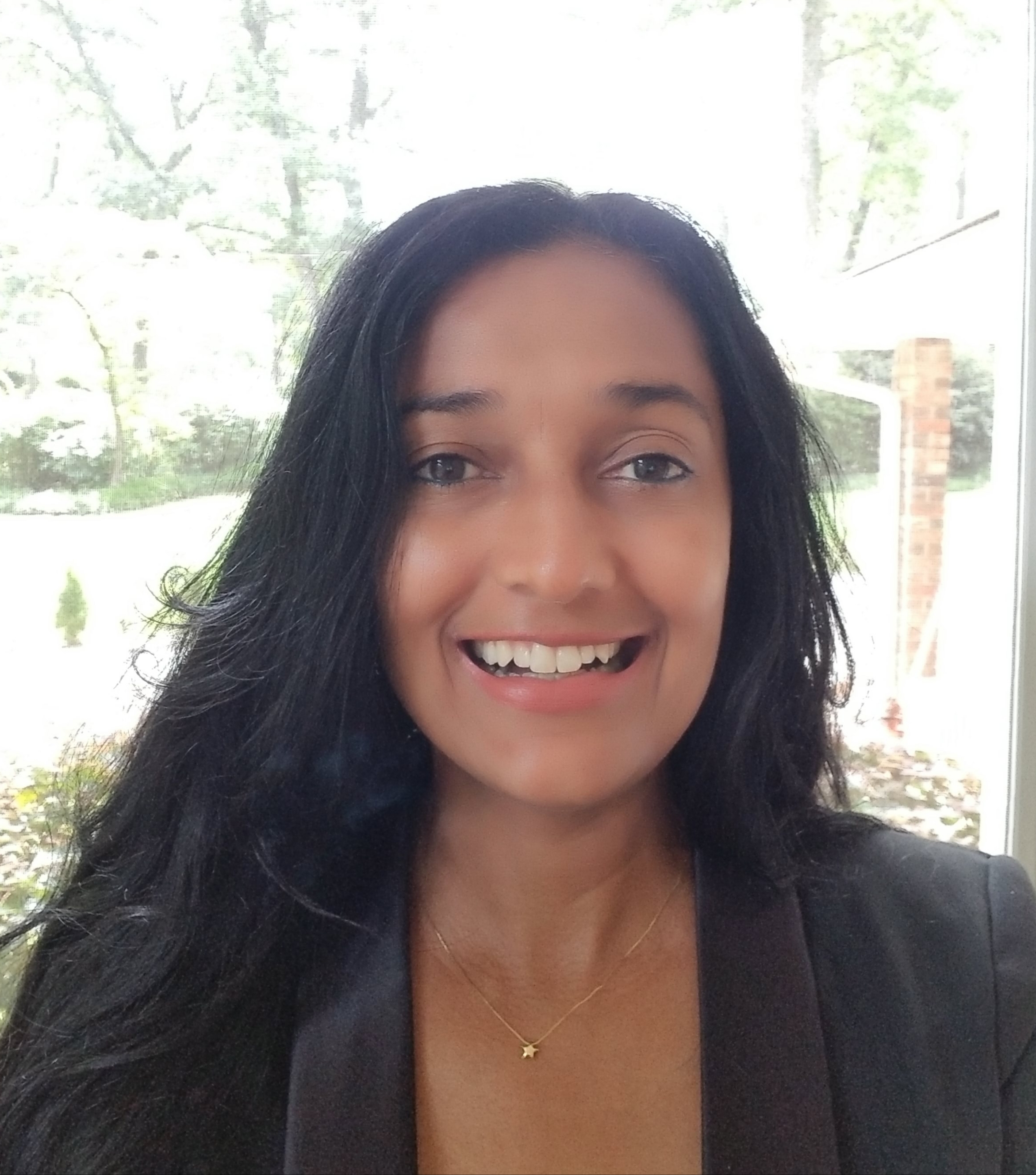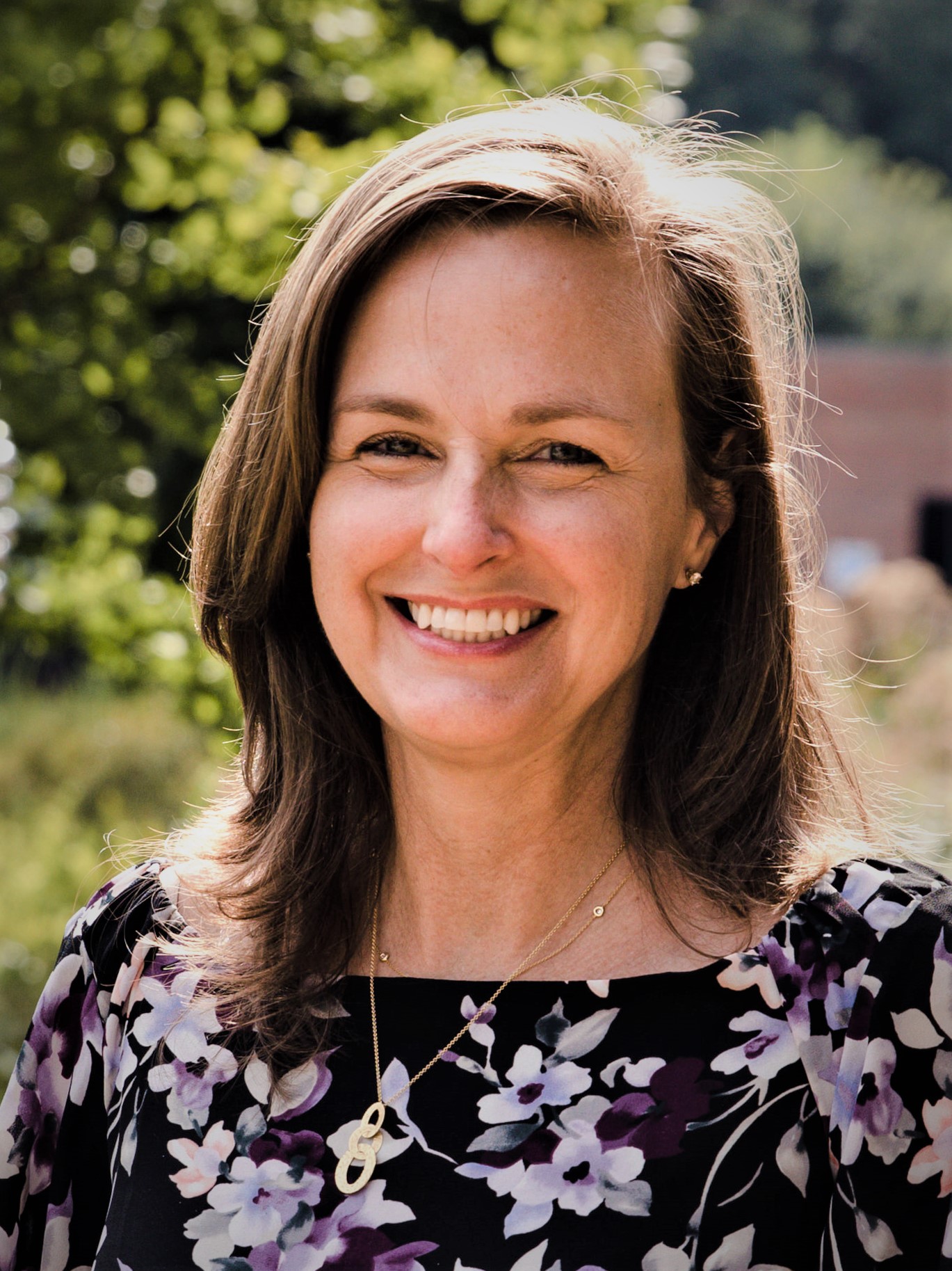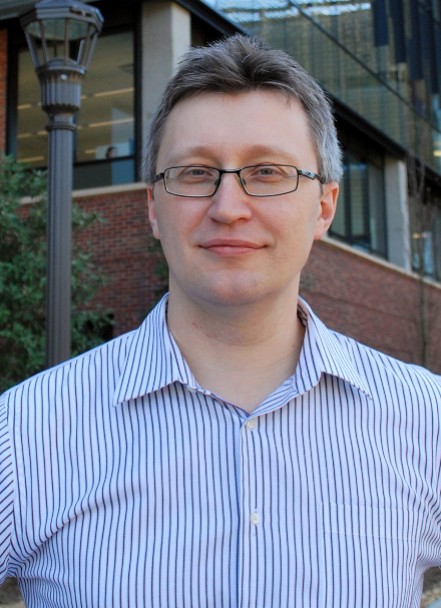Crystal Melvin






Leanne West is Chief Engineer of Pediatric Technologies at the Georgia Institute of Technology and Pediatric Innovation Catalyst at the Global Center for Medical Innovation where she leads innovation in pediatric medical devices. In her 25+ years working at Georgia Tech, she has led multimillion dollar programs and teams of researchers to develop products for government and industry partners. She also started her own company, Intelligent Access, to take her invention of a wireless personal captioning system to market. She serves as the technical liaison between Georgia Tech and pediatric hospitals around the world, with Children’s Healthcare of Atlanta and Shriners Hospitals being the main partners. West works closely with clinicians to understand and identify problems that need a solution to allow them to take better care of their patients. She is an invited Judge for many medical device pitch competitions and serves on several Boards in the healthcare and technology arenas.
West is the President of the International Children’s Advisory Network (iCAN). Since 2014, iCAN fosters greater global understanding about the importance of the pediatric patient and caregiver voice in healthcare, clinical trials, and research. iCAN gives its members the opportunities to share their stories and experiences in front of organizations like the FDA, AAP, and CDC, and conferences. iCAN is an official partner of the Food and Drug Administration (FDA) Center for Devices and Radiological Health (CDRH) as an official member organization of the Patient and Caregiver Connection Partner program and the Total Product Life Cycle Advisory Program. West is also a patient advocate for one of her two rare diseases, serving on the Foundation for Sarcoidosis Research Patient Advisory Council and Speaker’s Bureau.
She has served as the twice-elected Chair of the Georgia Tech Executive Board (2007, 2008) and was the GT Chair of the State Charitable Campaign (2017). She was recognized by Georgia Trend magazine as one of Georgia’s “40 Under 40” in 2004; she was selected for Leadership Georgia in 2008; she was a member of the team awarded the international Optical Society 2012 Paul F. Forman Engineering Excellence Award; she received Georgia Tech’s Outstanding Achievement in Research Enterprise Enhancement Award in 2014, and she was Women in Technology’s Woman of the year in 2014. In 2017, she was appointed to the board of the Georgia Technology Authority by the late Speaker of the House, David Ralston.




